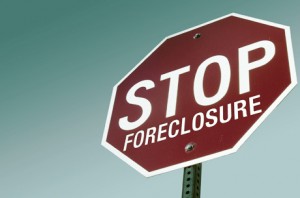 The answer to this question depends on in which state the bankruptcy case is filed. Each state has its own set of exemptions available to debtors who file bankruptcy. Exemptions are laws that protect property from creditors. In Chapter 7 bankruptcy cases, exemptions prevent liquidation of assets by the trustee. In Chapter 13 bankruptcy cases, exemptions may reduce the amount that the debtor is required to pay to the unsecured creditors.
The answer to this question depends on in which state the bankruptcy case is filed. Each state has its own set of exemptions available to debtors who file bankruptcy. Exemptions are laws that protect property from creditors. In Chapter 7 bankruptcy cases, exemptions prevent liquidation of assets by the trustee. In Chapter 13 bankruptcy cases, exemptions may reduce the amount that the debtor is required to pay to the unsecured creditors.
Most states have a homestead exemption. A homestead exemption protects a debtor’s interest in the home in which they live. These exemptions differ greatly from state to state. In some states the equity in a house that can be exempted is very small, which means that if the debtor has significant equity in a house, the bankruptcy trustee may seize the house, sell it, pay the debtor the exempt portion of the proceeds, and pay the rest to the creditors. Only the equity in the house has to be exempted. For example, if a debtor owns a house worth $200,000 but has a mortgage with a balance of $150,000, then the debtor has $50,000 in equity, which is the amount that needs to be exempted. If considering filing bankruptcy, please consult with a bankruptcy attorney in the state in which you live in order to determine what exemptions are available to you.
However, in Texas the homestead exemption can be used to protect an unlimited amount of equity in a home, limited only by the amount of acreage on which the home is located. Even if a debtor has a home worth $10,000,000 they can file bankruptcy and the entire value of the home will be protected. Debtors can even sell their homestead and exempt the proceeds from the sale for a limited amount of time. The bottom line is that there is no reason that simply filing bankruptcy in Texas will result in the loss of a debtor’s home.